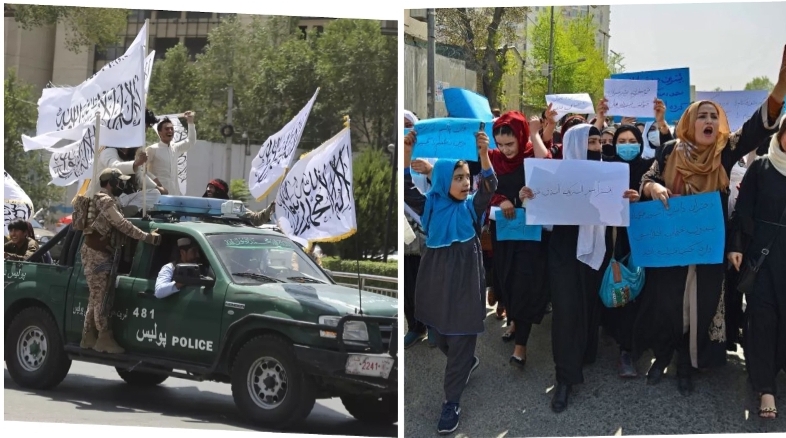Since the Taliban took over Afghanistan in August 2021, several bans and restrictions have been imposed on women, significantly impacting their rights and freedoms.
Here is a list of some key bans:
1. Education: – Girls were banned from attending secondary schools. – Restrictions on women’s access to higher education institutions.
2. Employment: – Women were prohibited from working in many sectors, particularly in government jobs. – Many NGOs were restricted from hiring female staff, limiting women’s economic opportunities.
3. Public Life: – Ban on women appearing in public without a male guardian (mahram). – Restrictions on women traveling alone.
4. Dress Code: – Mandating the wearing of the burqa or hijab in public. – Enforcement of strict dress codes that require women to cover themselves completely.
5. Sports and Recreation: – Women were barred from participating in sports and attending gyms or recreational facilities.
6. Freedom of Movement: – Restrictions on women’s ability to leave their homes without a male companion.
7. Healthcare Access: – Limits on women’s access to healthcare services, particularly if male healthcare providers are not available.
8. Political Participation: – Exclusion of women from political roles and decision-making positions.
9. Media Representation: – Bans on women appearing in media, including television and radio.
10. Cultural and Social Activities*: – Prohibitions on women participating in cultural events, gatherings, and celebrations.The newly ban on Afghanistan
11. Taliban bans the sound of women’s voices singing or reading in public-The Taliban has imposed a ban on women’s voices being heard in public, including singing or reading aloud, as part of new vice and virtue laws.
Approved by supreme leader Hibatullah Akhundzada, these regulations also mandate that women must veil their bodies fully and wear non-revealing clothing. Additionally, women must cover themselves in front of non-Muslims to prevent “corruption.”
The laws dictate that women should not interact visually with unrelated men and vice versa.These restrictions reflect a broader pattern of gender-based discrimination and oppression under the Taliban’s rule, severely limiting women’s rights and freedoms in Afghanist











